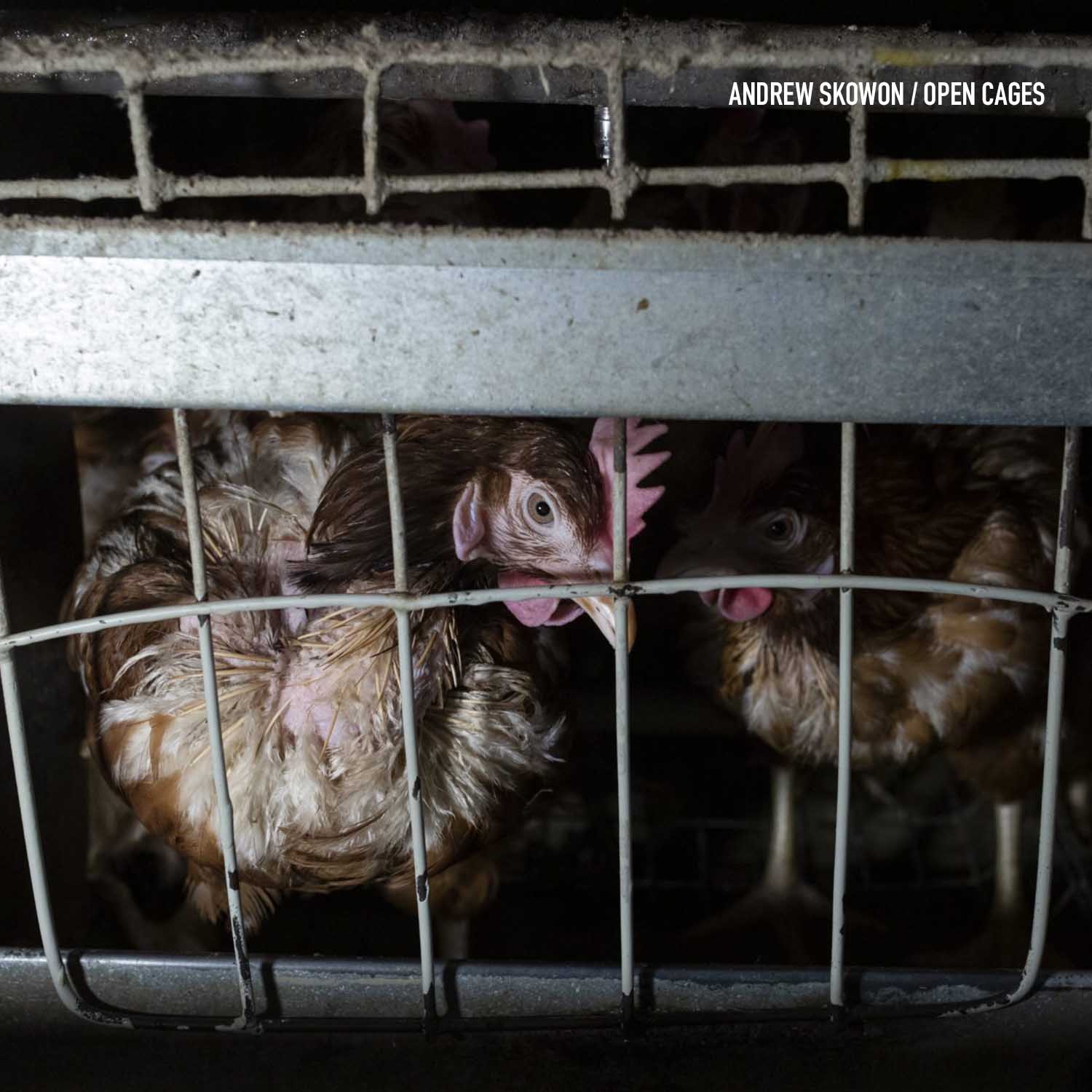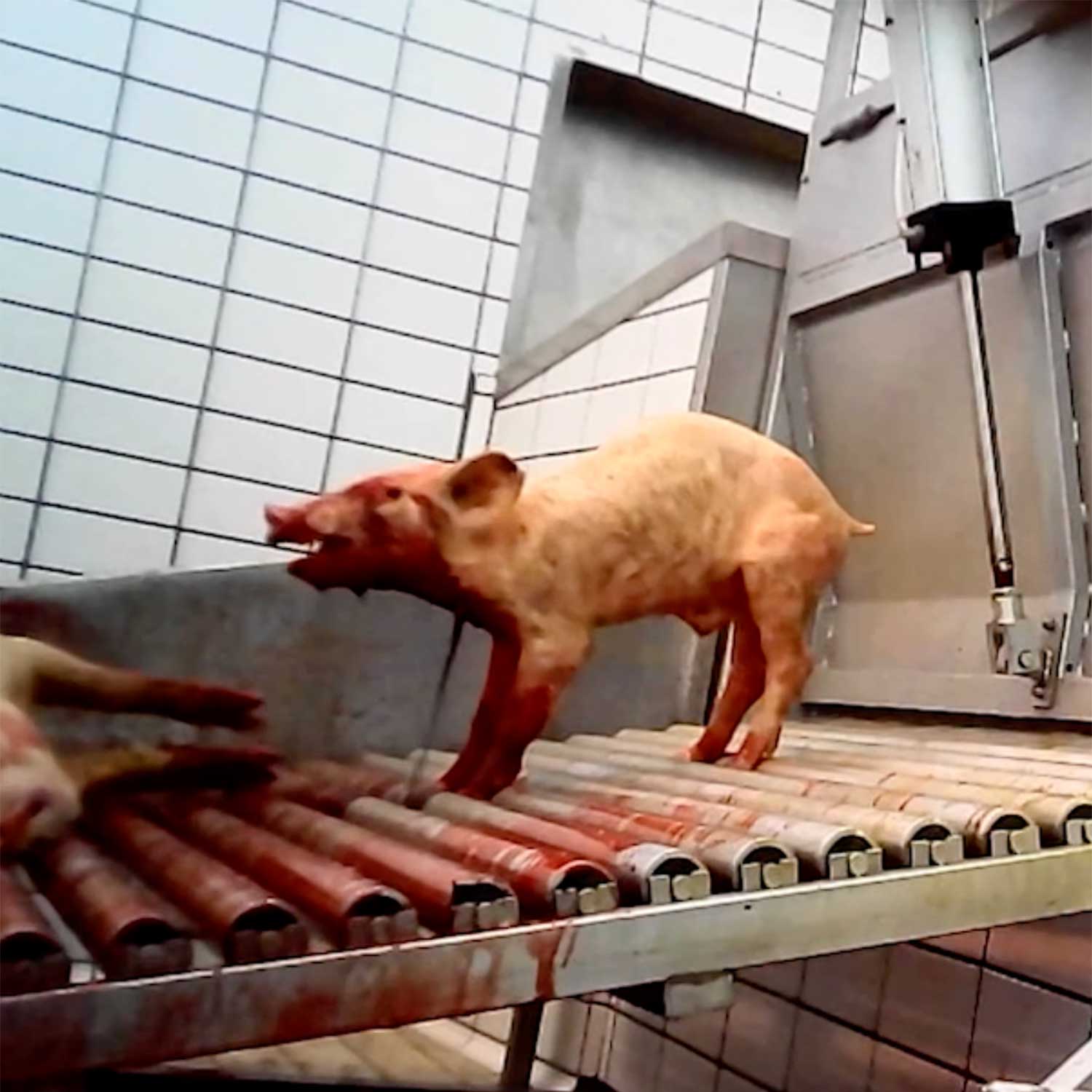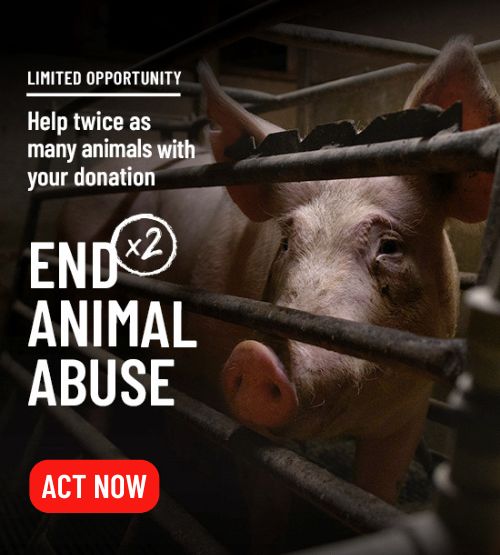New Jersey Ends the Extreme Confinement of Pigs & Calves
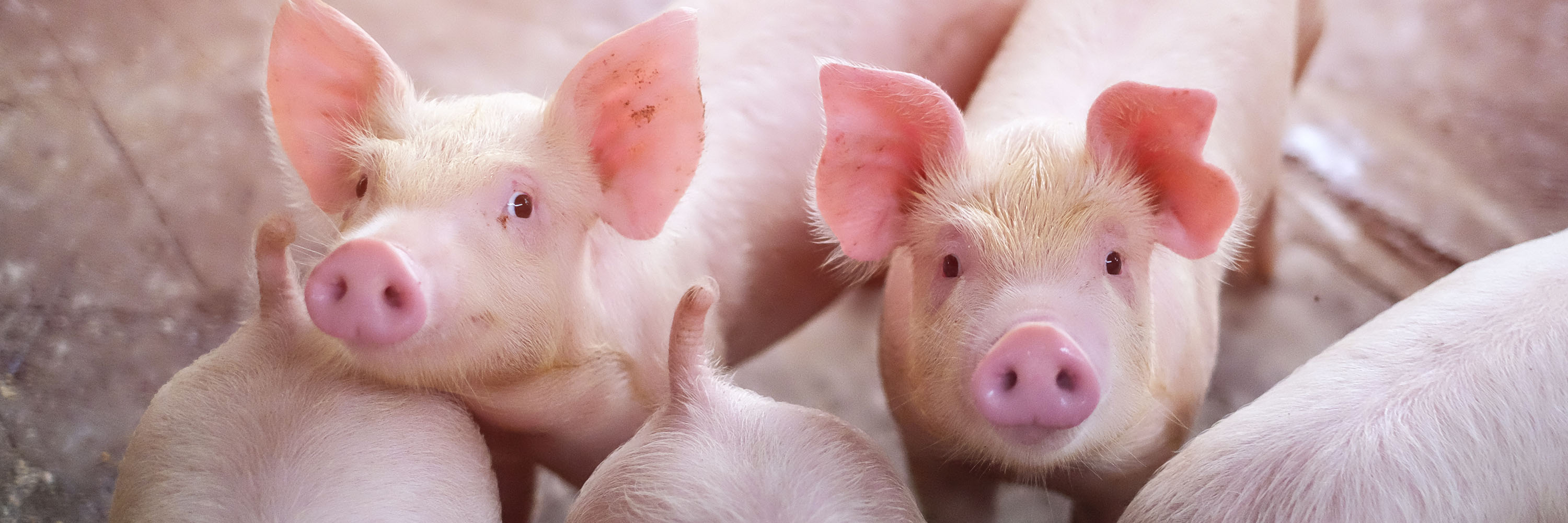
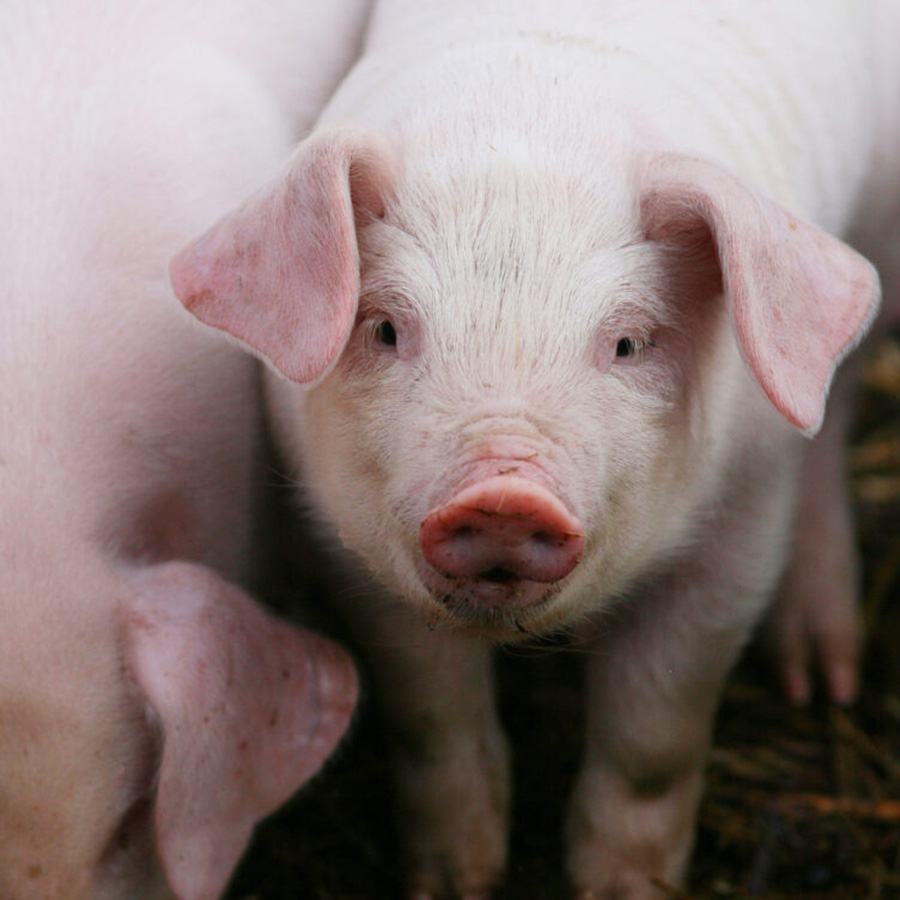
Governor Murphy has signed into law A.1970, a bill that will ban the intensive confinement of pigs used for breeding and calves raised for veal. Enactment of the bill marks a significant step forward for these animals, many of whom in the industry spend the majority of their lives without even enough room to turn around. Today’s victory marks an end to 13 years of campaigning by animal and environmental protection organizations.
The new law will require “any person who owns or controls the operations of a farm” in New Jersey to comply with minimum space requirements for breeding pigs and calves. The pork and veal industries typically confine these animals to cages so small that they cannot turn around freely, lie down, stand up or fully extend their limbs. The legislation, which was supported by Senator Vin Gopal (D‑11) and Assemblyman Raj Mukherj (D‑33), will prohibit New Jersey farmers from engaging in this practice.
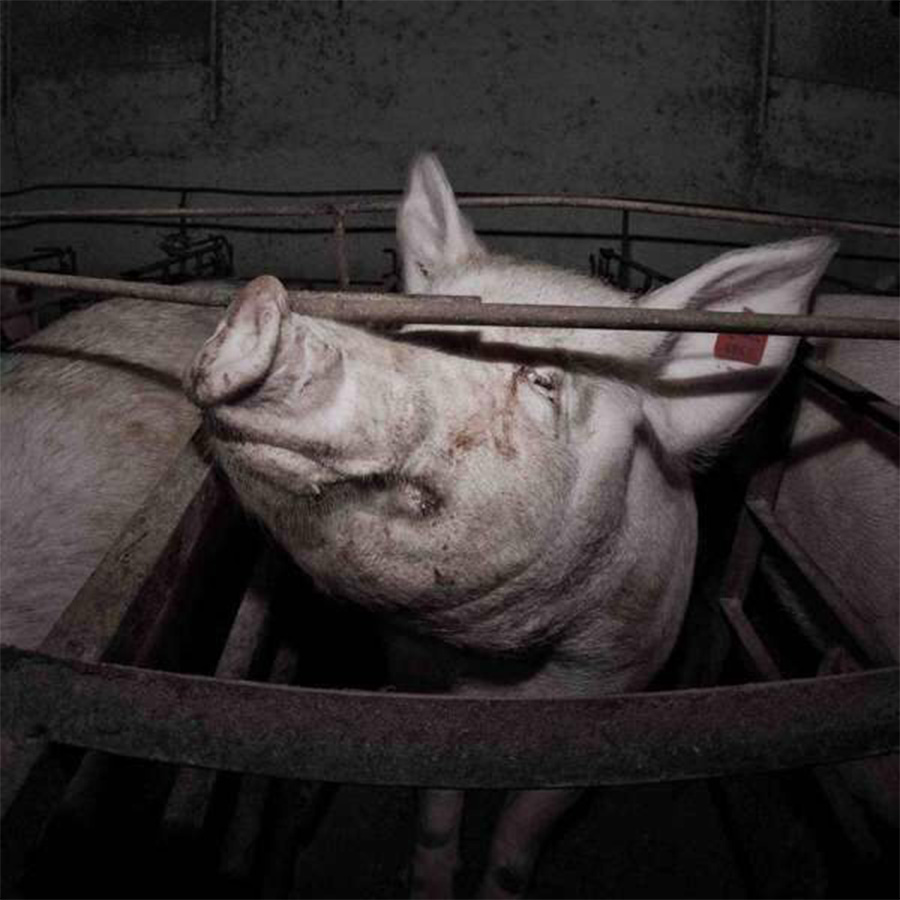
Today marks a very important day for mother pigs and baby cows in New Jersey, as well as for animals nationwide, as this bill sets a precedent for other states to follow. The use of so-called ‘gestation crates’ and ‘veal stalls’ is the subject of outrage for good reason, so we’re pleased to see New Jersey lawmakers taking the wellbeing of animals and the concerns of its citizens seriously by finally passing this legislation.
-Sarah Hanneken, Legal Advocacy Counsel for Animal Equality
Crates for farmed animals is a practice that has been met with extensive controversy for many years. Animal protection organizations and animal welfare experts condemn the use of crates, deeming them “one of the cruelest forms of confinement devised by humankind.”
A coalition of animal protection groups, including Animal Equality, the Humane Society of the United States and the Animal Legal Defense Fund, have worked to end this practice in New Jersey for many years. In addition to spearheading conversations with lawmakers, the coalition has called on New Jersey supporters to write their elected officials and take online actions to build support.
This isn’t the first time New Jersey lawmakers have heard public support for a ban on gestation and veal crates. Previous legislation has been introduced in the state to outlaw crates, which passed through the legislature with bipartisan support. Though polls indicate that approximately 93% of New Jersey residents support this ban, a previous bill was ultimately vetoed.
With the passing of A.1970, New Jersey joins 11 other states who have enacted laws that outline minimum space requirements for female pigs and calves in the meat industry. This comes just one month after the U.S. Supreme Court made a decision to uphold California’s Proposition 12, which was being challenged by the pork industry.
Prop 12 places a ban on the sale of pork and veal products from farms that use crates, whether the farms are inside or outside the state’s borders. Unlike California, A.1970 does not prohibit the sale of pork and veal products in New Jersey that come from animals confined in crates outside of the state.
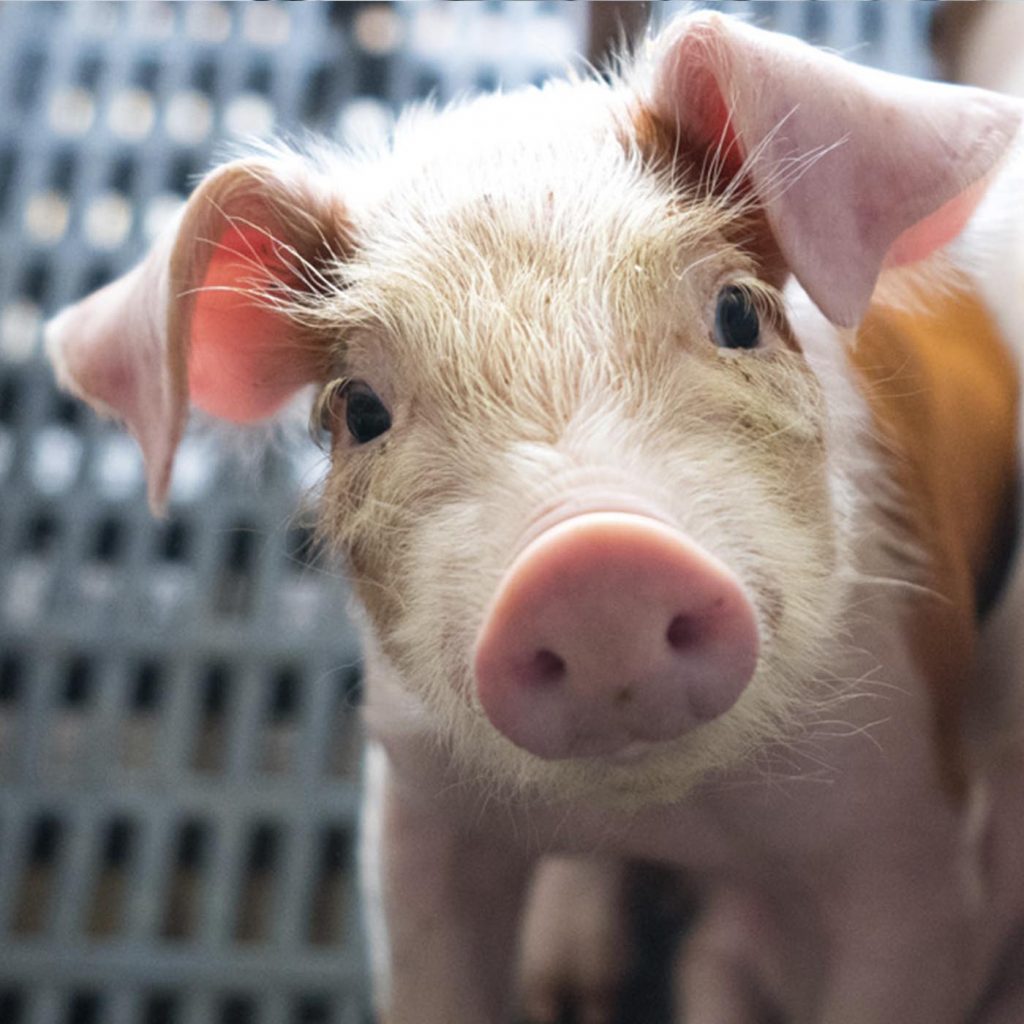
SAVE ANIMALS FROM ABUSE
Pigs, cows, and other animals feel pain and deserve to be protected from abuse.
You can protect these intelligent animals by simply choosing plant‑based alternatives.

